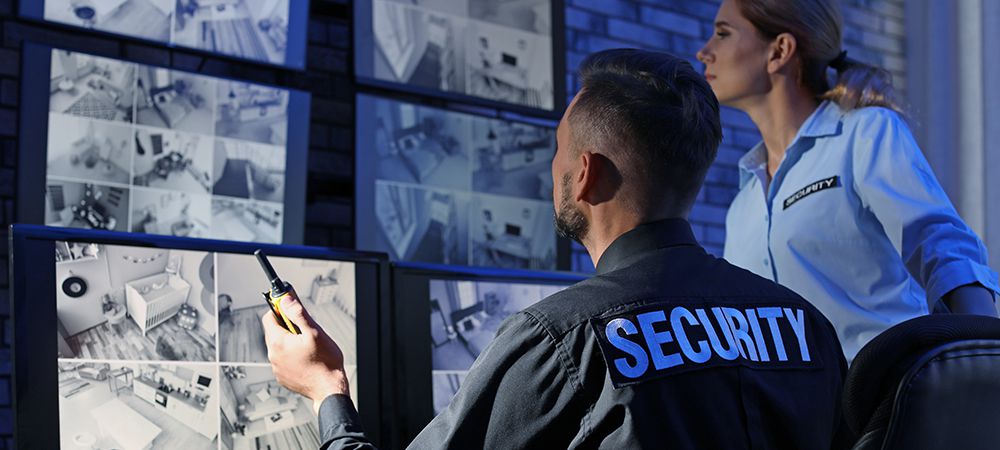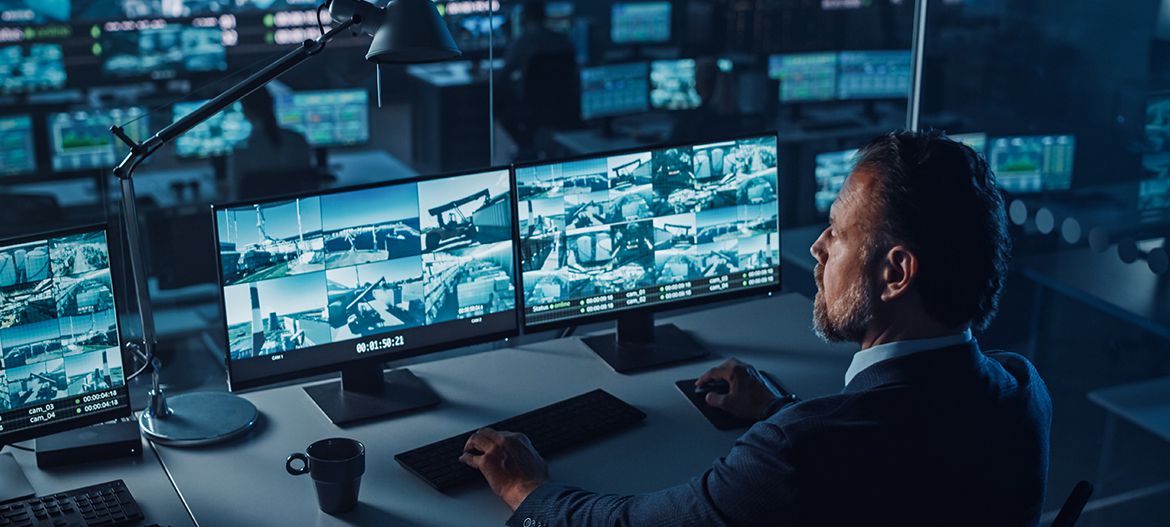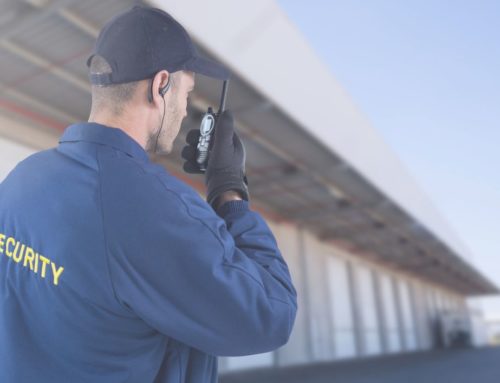If you’re not conversant with the industry, you may not notice the difference in security levels between institutions and personal residences. But, there is a clear difference in how security outfits operate in these environments.
Institutions, which include schools, universities, colleges, community centers, and educational facilities, have to regularly cater to different types of visitors. Institutional security management is about managing the influx of visitors while maintaining water-tight security levels.
This blog will provide a detailed answer to what institutional security management is. We’ll also explore the factors necessary for institutional management to succeed. Here’s what you need to know.
What Is Institutional Security Management?
Institutions provide access to the general public. They are not like certain businesses that employ advanced security technologies to protect their environments.
While they may use camera systems and x-ray security systems at the entrance, institutional security management relies mainly on human intervention. An institution greatly needs the services of a professional security team to ensure that employees, students, and visitors are kept safe at all times.
Institutional security management involves handling all the processes and managing every personnel involved within an institution’s security system. It’ll involve a professional security team managed by a security officer who assigns and supervises tasks.
Institutional security management also involves ensuring the security team can work efficiently with employees, students and visitors to the institution. Since there are students involved, institutional security management is all the more critical.
Critical Factors For Institutional Security Management To Succeed
Any institution looking to hire security services must start by carefully considering several factors. With security being such a critical talking point, this knowledge will help the institution make educated decisions.
Reputation and Experience
Institutions must consider the hiring agency before deciding on a security team. Optimal institutional security management demands teams that come from reliable, honest, and competent security agencies.
Your hiring process should involve comparing services from different security agencies. By doing so, you’ll gain information on best practices to follow and conspire notes. But when it’s all said and done, your best bet is a security agency that has experience handling institutional security needs.

Tools and Technology
Not everybody is aware of the latest advancements within the security services industry. There is constant advancement in the methods and tech used for break-ins, theft, burglary, and other types of criminal or violent acts. Consequently, the security service industry regularly develops tools and methods to stop these threats.
Institutions have to ensure they hire the services of security agencies that aren’t using outdated tools and methodologies. The hiring institution can check if a security agency keeps its personnel updated on new developments by reviewing their periodic training schedules. In addition, it’s advisable to inquire whether the security agency has future training plans for its personnel.
Training for Institutional Staff
Reputable security agencies that deploy security teams to their respective institutions know that a harmonious relationship between all parties is crucial to success.
The security teams must familiarize themselves and study the processes used by hiring institutions. This harmonious relationship is an important part of institutional security management because it determines how the security team will develop a protection system for the institution.
After developing the security system, the security team must organize a training session for staff at the institution. They’ll discuss the process and technology that makes up the training system. The security system for an institution may include processes such as violence prevention, threat assessment, crime awareness, and emergency practices.
In most cases, schools usually create their emergency and preparedness plans. Institutional security management enhances these processes by merging the school’s best practices with their own methodologies.
Connection with Authorized Responders
Institutional security personnel within Canada must work with emergency responders. Their experience and training mean they know which response team to contact for different emergencies.
Even while ensuring security within an institution, there’s a limit to a security team’s influence. While they’re allowed to disarm individuals causing disturbances, they must turn them over to the police.
The law prohibits institutional security teams from exerting excessive force on the individuals they apprehend. Other than the police, the security team should have the ability to contact the local fire department when needed.
Therefore, before deciding on a team to handle your institutional security needs, ask about their relationship with law enforcement authorities. You want to ensure they follow the letter of the law while collaborating with governmental security agencies.
Invest In Proper Institutional Security Management
Institutions have to realize the importance of having professional security systems. Parents enter their children into specific institutions because they feel that the safety of the students is given the highest priority. Therefore, institutional security management is a continuous effort, with regular updates to ensure the highest security standards.
Management should not stop at any point in the process to avoid exposing the property and people involved to any kind of risky or threatening situation. If you wish to hire a security team for your institution, contact Northern Force Security at (647) 982-1385.
We’re home to highly trained security experts who have experience working in sensitive institutional environments. Let’s keep you and your visitors safe!


